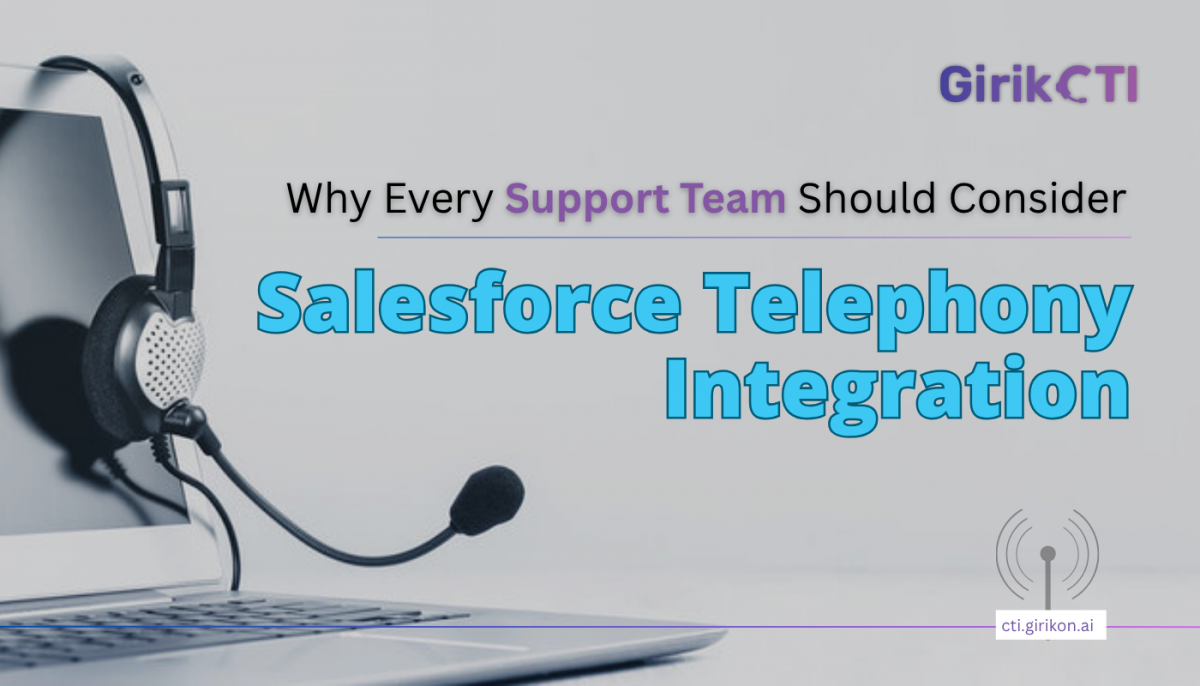Our Blogs
The business landscape is constantly evolving. Organizations should thus lookout for new ways to grow their business. One such option, which organizations should leverage to remain competitive, is a ‘Marketing automation software that can help organizations streamline and automate their workflows and marketing activities. Marketing automation software can help improve operational efficiency, which further translates to greater ROI. However, it is crucial to select the right marketing platform that can power up your marketing efforts.

According to a research report shared by Frost & Sullivan’s, revenue generated from global marketing automation software stands at $550.7 million and is projected to reach $1.9 billion by 2020
Before zeroing in upon the right platform, businesses need to consider their specific needs. Salesforce Pardot and Marketing cloud are two powerful marketing platforms organizations can leverage to streamline their marketing activities. But before making a choice, it’s essential to delve in a bit deeper to know more about each of them:
Users: While Pardot is positioned for B2B organizations, Marketing cloud is designed for B2C use cases. Since, Pardot caters to the b2b segment, it primarily revolves around lead management as a result of a longer sales cycle. Consequently, Pardot users focus on preparing email campaigns with an objective of lead nurturing. To support lead nurturing, Pardot offers a set of lead grading and scoring tools, which allows users to allot scores basis the actions of customers and their engagement with the emails, website, etc. The features of the Salesforce marketing cloud allow users to offer a completely personalized experience to every customer. From creating roadmaps of the customer journey, planning campaigns and promotion to data management and cross-channel messaging, SFMC with its array of features offers support to different marketing segments. Though the Salesforce marketing cloud has a more powerful and comprehensive marketing suite than its counterpart, it misses out on the sales-and-marketing alignment part i.e. lead scoring. However, it is possible to integrate lead scoring in the Salesforce marketing cloud.
Channels: Since, Pardot caters to the B2B space, users can expect complete support when it comes to channels such as emails, website, and social media. However, cross-channel options are limited in Pardot. The SFMC platform supports various channel engagements as it has in its arsenal several tools that help users to provide support to its customer via every channel including web, SMS, advertising, social media, and email. Each of them can be managed via separate applications on the platform.
Integration: It’s important to know that to leverage the full potential of Pardot and SFMC, a database is required. Though Pardot is commonly integrated with Salesforce’s Service or Cloud (CRM), it also integrates well with Microsoft Dynamics CRM, Sugar CRM, and NetSuite. Offering a full marketing suite, Salesforce Marketing Cloud can be integrated with Salesforce solutions such as Sales, service or Community Cloud besides other CRM systems. Though, the platform doesn’t offer a database as a part of the package, a Data Management Platform (DMP) can be integrated into your Marketing Cloud by paying some extra cost.
Price: Since, Pardot and Salesforce marketing cloud serves two different models i.e. (B2B and B2C), they have different pricing structures. For Pardot, the pricing is available online and is segregated in three different categories i.e. basic, intermediate and advanced, basis the automation features one wishes to access. However, there are no standard pricing options available online for the Salesforce marketing cloud. Though the cost will certainly be more than Pardot, it’s more likely calculated basis the volume of data as B2C companies deal with daily customer interactions and transactions. The pricing for the Salesforce Marketing Cloud also takes into account the cost of implementation and the number of users using the platform.
Which is the Right Fit for Your Business?
Both Pardot and marketing cloud have their share of pros and cons. However, the right platform for your business would depend on your specific business requirement and business type. So, it can be inferred that while the Marketing cloud is ideal for B2C customers, Pardot is appropriate for businesses looking to nurture their sales process by aligning the sales and marketing teams. If you are still on the fence regarding the best fit for your business, you must consider partnering with a reliable Salesforce consultant.
Girikon – A reputed name in the IT space offers end-to-end Salesforce consulting services for businesses looking for reliable Salesforce implementation and consultation.

 +1-480-382-1320
+1-480-382-1320 +44-7428758945
+44-7428758945 +61-1300-332-888
+61-1300-332-888 +91 9811400594
+91 9811400594


















